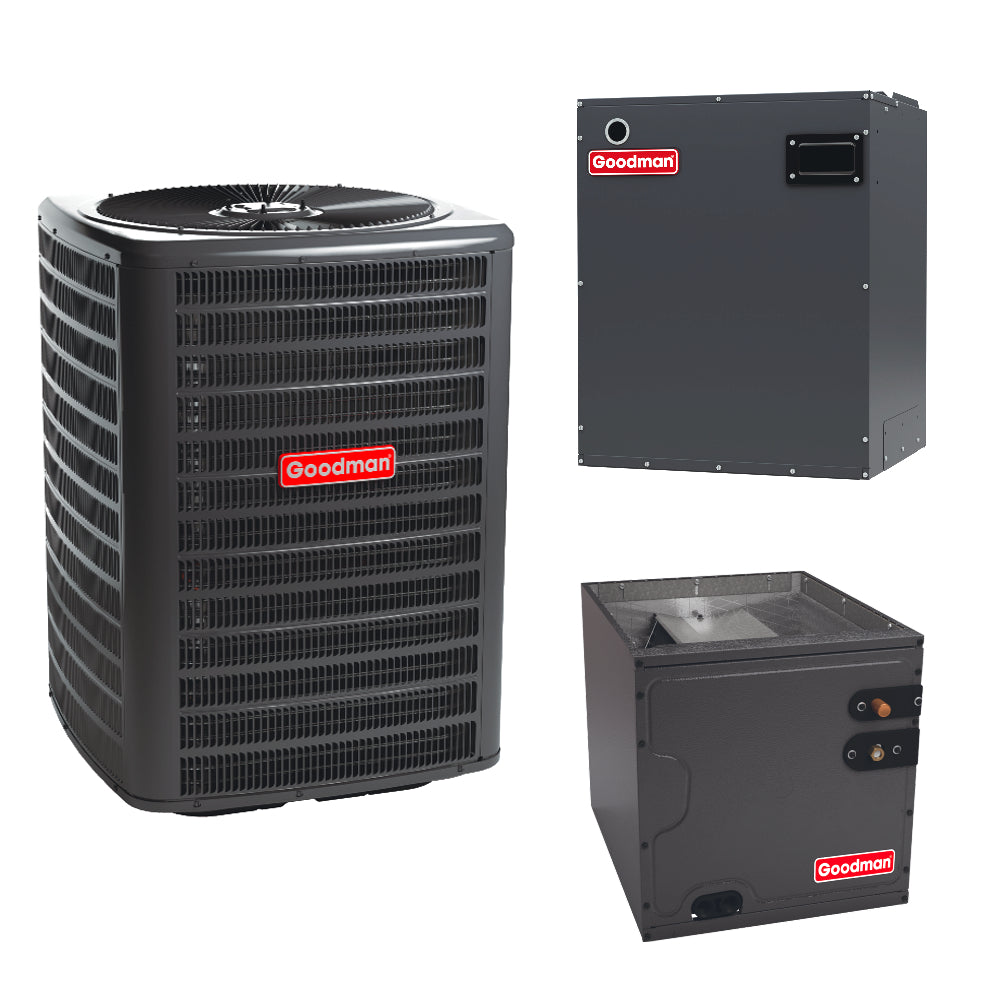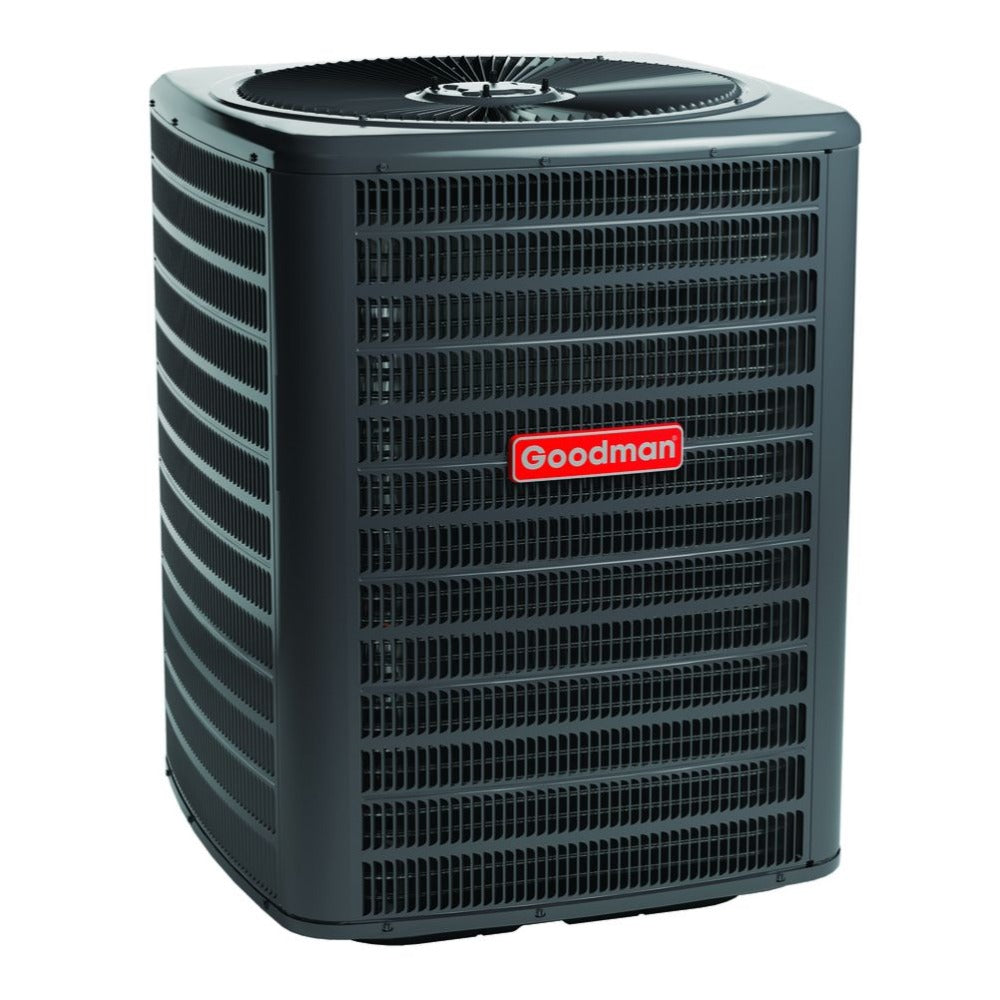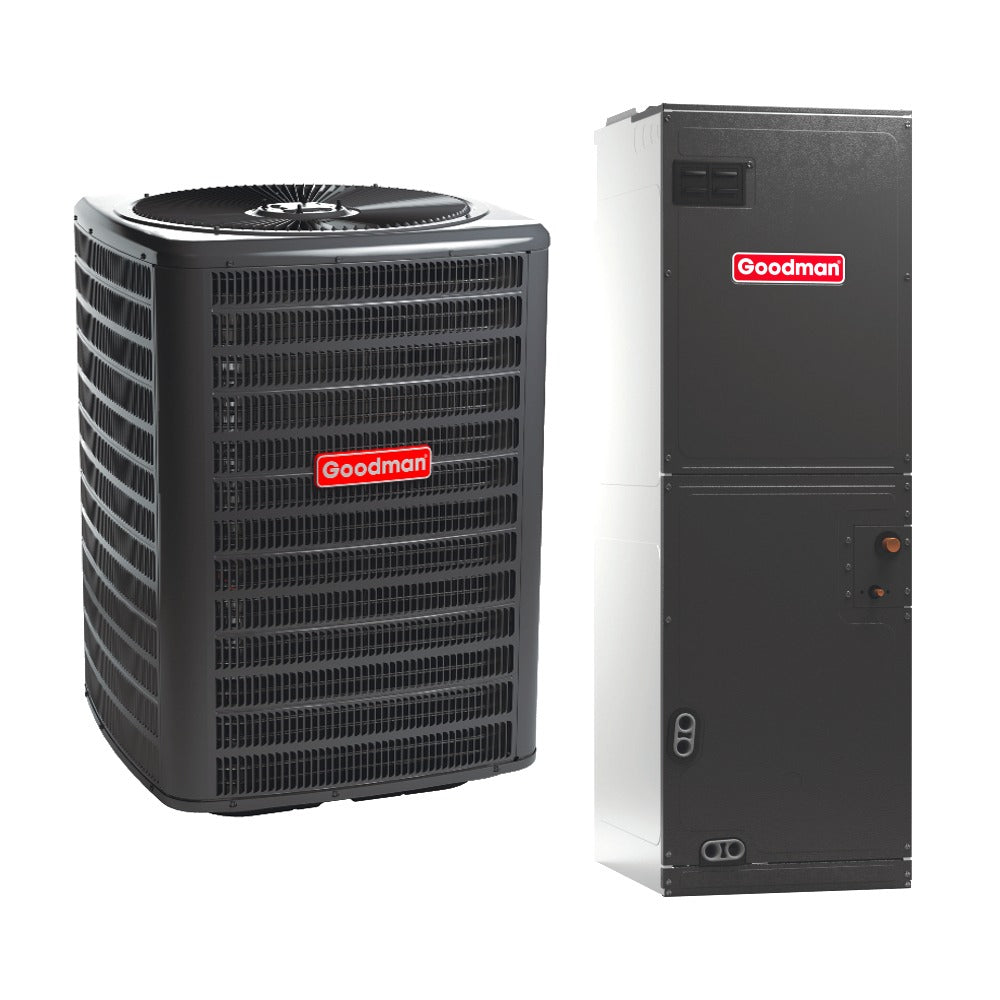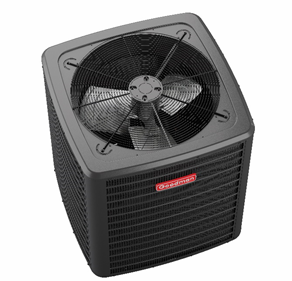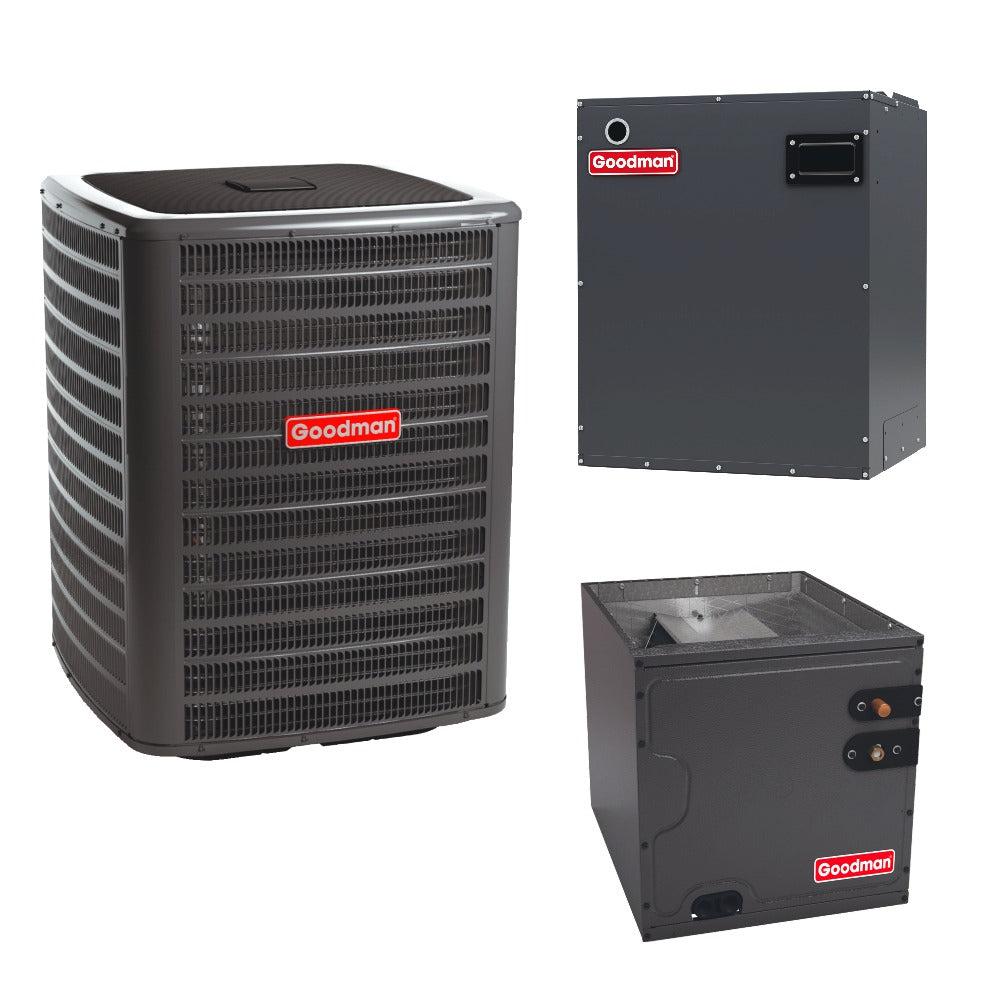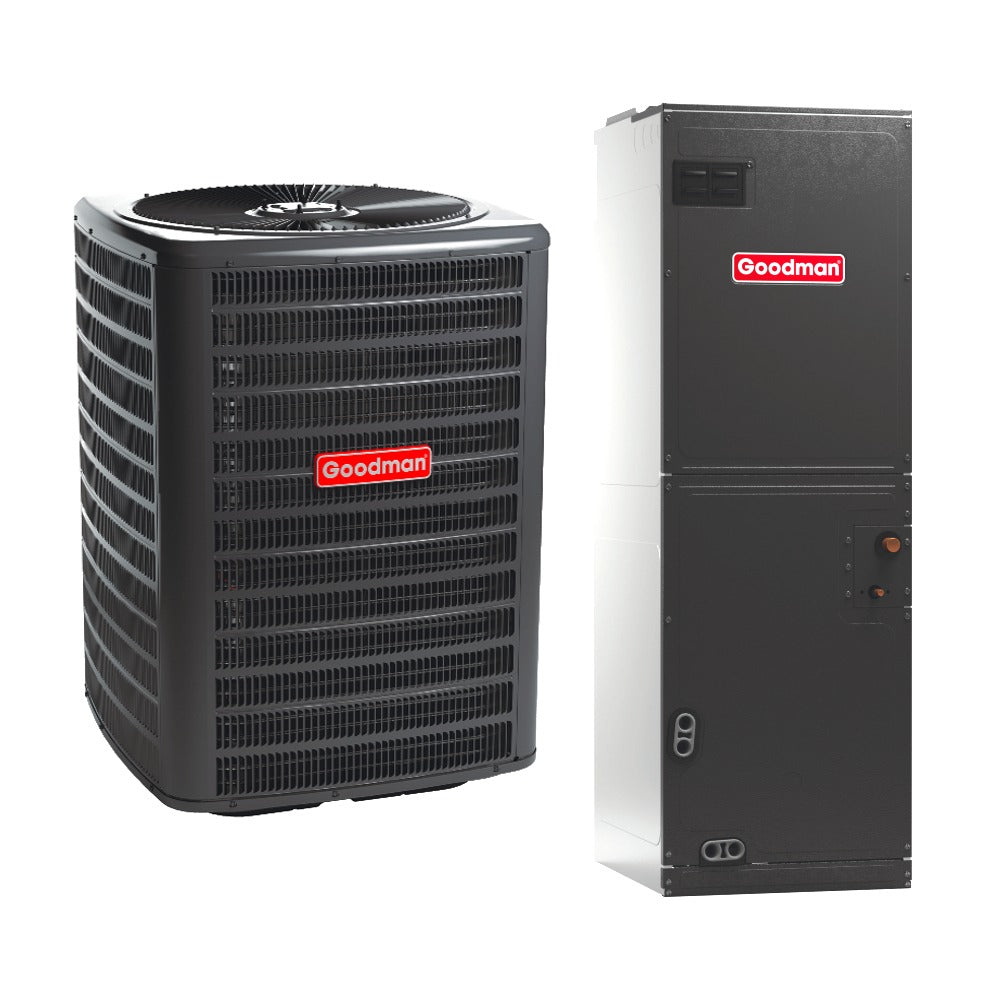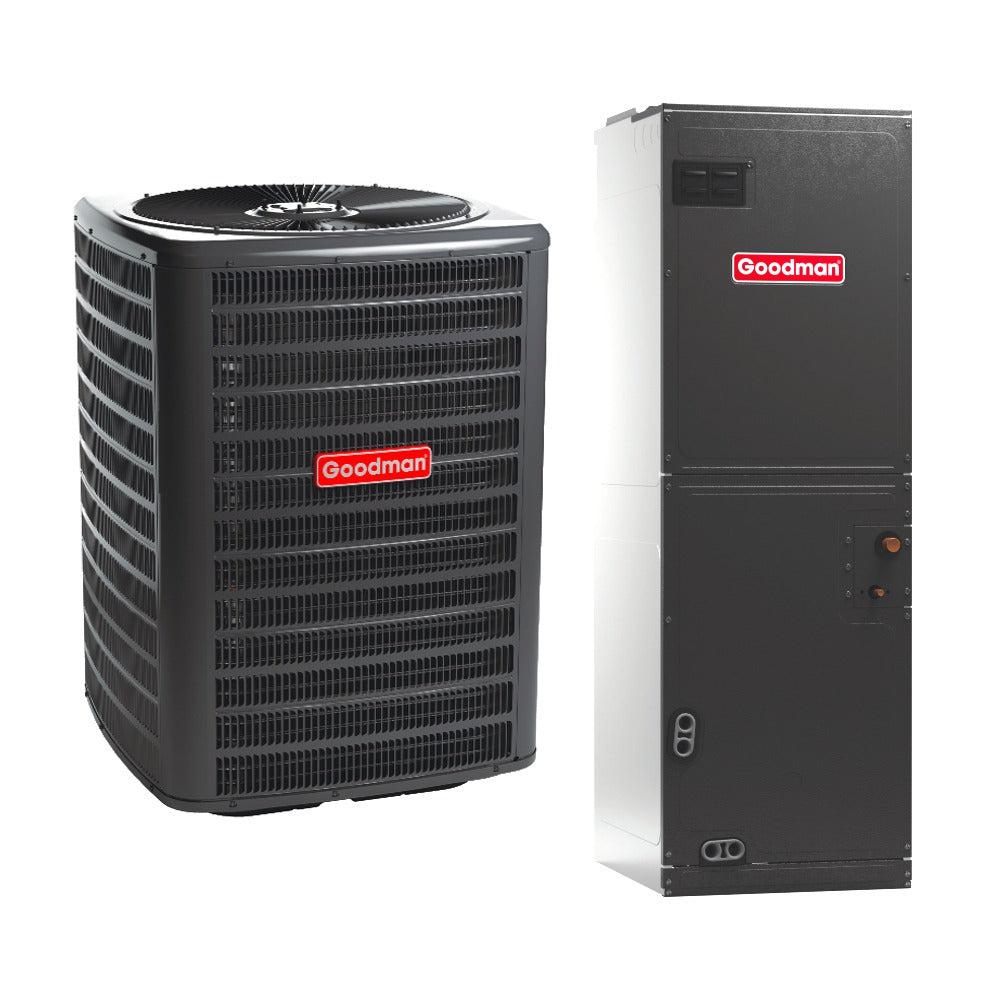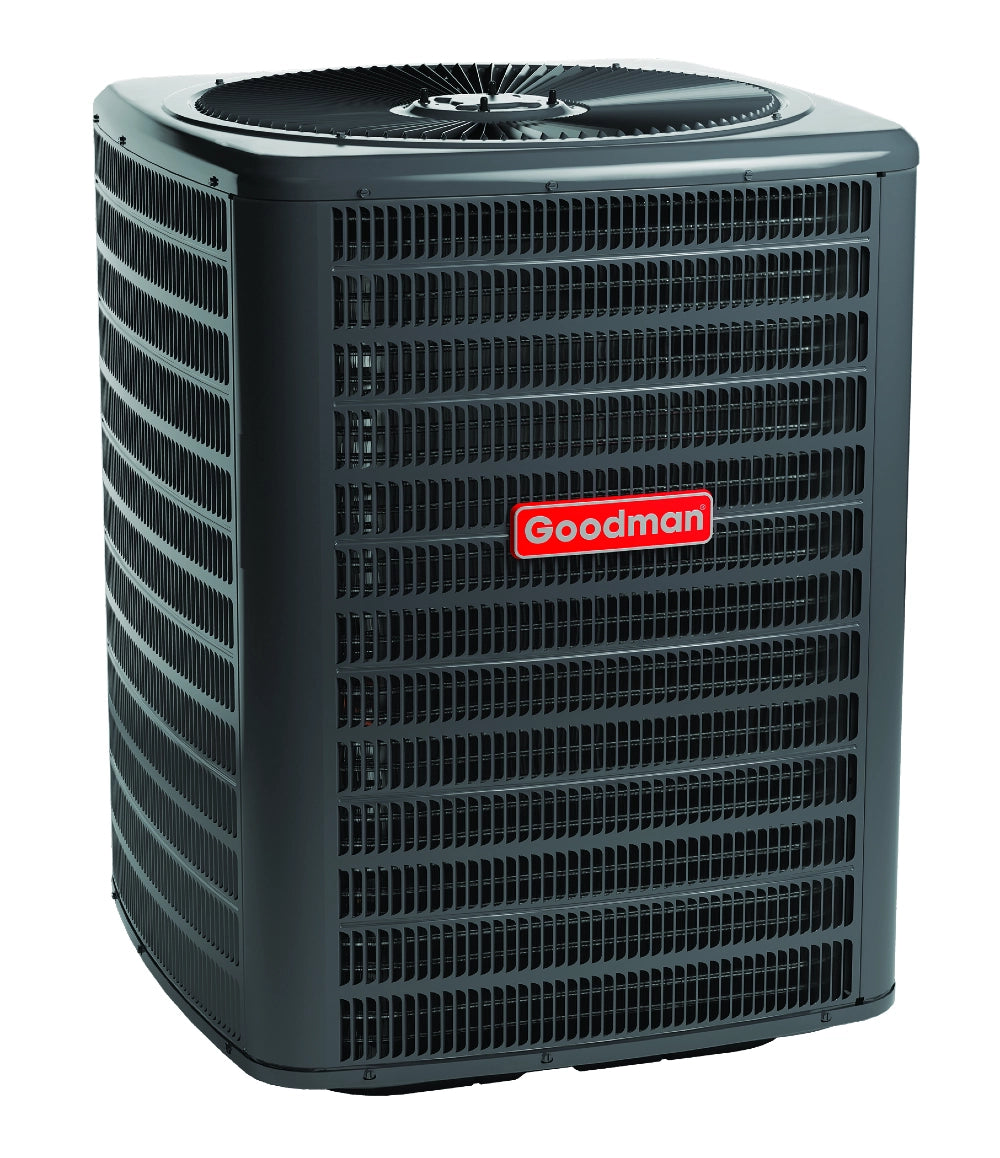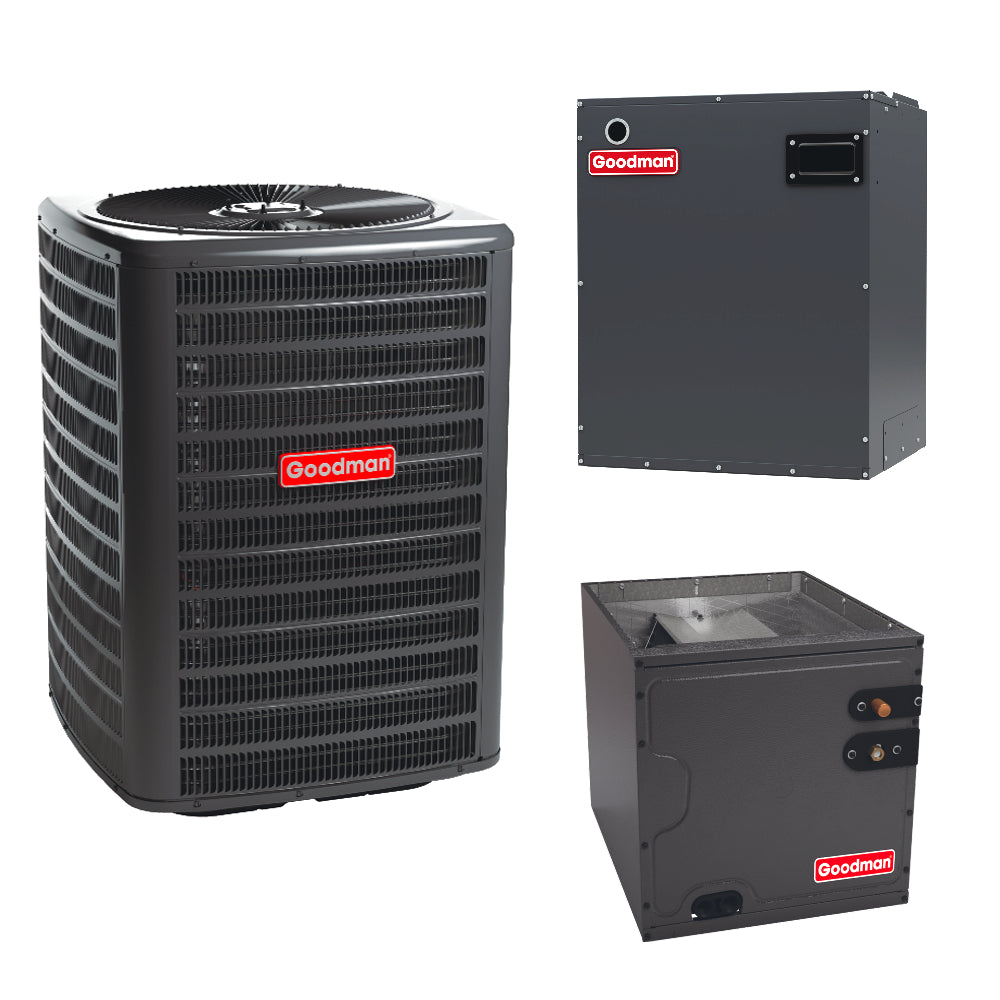Heat Pump Systems
12 products
Showing 1 - 12 of 12 products
Heat Pump Systems: Versatile, Efficient Solutions for Year-Round Comfort
Heat pump systems are advanced HVAC (heating, ventilation, and air conditioning) solutions that provide both heating and cooling in a single unit, making them a highly efficient and cost-effective option for year-round comfort. Unlike traditional HVAC systems that rely on separate furnaces and air conditioners, heat pump systems can transfer heat from one place to another, allowing them to both heat and cool spaces as needed. Known for their versatility, energy efficiency, and environmentally friendly operation, heat pump systems are becoming increasingly popular in residential and commercial settings alike.
What is a Heat Pump System?
A heat pump system is an HVAC solution that transfers heat rather than generating it directly. It consists of two main parts: an outdoor condenser and an indoor air handler or ductless unit. During the summer, the system works similarly to an air conditioner, pulling heat from the indoor air and releasing it outside. In winter, the process reverses, and the heat pump draws warmth from the outdoor air (even at lower temperatures) and transfers it indoors to heat the space.
This ability to reverse its function allows a heat pump to efficiently provide heating and cooling in one compact system. Heat pumps come in various types, including air-source, ground-source (geothermal), and water-source systems, each designed to work in specific climates or applications. Air-source heat pumps, the most common type, draw heat from the air and are highly efficient in moderate climates.
How Does a Heat Pump System Work?
The operation of a heat pump system relies on the principle of heat transfer through refrigerant. In cooling mode, refrigerant absorbs heat from indoor air and transfers it to the outdoor condenser, which releases the heat outside. This cooling cycle continuously circulates to maintain a comfortable indoor temperature.
In heating mode, the refrigerant absorbs heat from the outdoor air and brings it indoors. Even when outdoor temperatures are cool, the system can still extract warmth from the air, thanks to the refrigerant's properties. A reversing valve within the system enables this switch between heating and cooling modes, allowing the heat pump to seamlessly alternate based on seasonal needs.
Benefits of Heat Pump Systems
-
Energy Efficiency: Heat pump systems are well-regarded for their energy efficiency, as they transfer heat rather than generating it directly through fuel combustion. This makes them more economical to operate than traditional heating systems, particularly in regions with moderate climates.
-
Cost Savings: By combining heating and cooling into one unit, a heat pump system reduces installation and maintenance costs. Additionally, its efficient operation leads to lower energy bills, making it a cost-effective solution in the long run.
-
Environmentally Friendly: Heat pump systems use electricity and heat transfer to condition spaces, emitting fewer greenhouse gases than fossil-fuel-based systems. This results in a smaller carbon footprint, making heat pumps an eco-friendly choice for those looking to reduce their environmental impact.
-
Quiet Operation: Modern heat pump systems are designed with noise-reduction features such as sound-dampening insulation and quieter fan technology, making them suitable for residential use without disrupting the indoor environment.
-
Consistent Comfort: Heat pump systems maintain a steady indoor temperature by providing both heating and cooling. Many models come with variable-speed compressors that adjust output according to real-time needs, ensuring a consistent and comfortable climate in all seasons.
Types of Heat Pump Systems
- Air-Source Heat Pumps: The most common type, these systems pull heat from the air outside and are highly efficient in moderate climates.
- Ground-Source (Geothermal) Heat Pumps: These systems extract heat from the ground, offering stable efficiency in both hot and cold climates, though they require more initial installation work.
- Ductless Mini-Split Heat Pumps: These systems allow room-by-room temperature control and are ideal for homes without ductwork, as they don’t rely on a central air system.
Considerations for Choosing a Heat Pump System
When selecting a heat pump system, it’s important to consider the climate, building size, and specific heating and cooling needs. For colder climates, a dual-fuel or backup heating source may be required to ensure sufficient warmth. Efficiency ratings, including SEER (Seasonal Energy Efficiency Ratio) for cooling and HSPF (Heating Seasonal Performance Factor) for heating, should also be considered for optimal energy savings.
Conclusion
Heat pump systems are an efficient, versatile, and environmentally friendly way to achieve year-round comfort in residential and commercial spaces. By transferring rather than generating heat, they provide consistent indoor temperatures with less energy consumption, resulting in significant cost and environmental benefits. With proper installation and regular maintenance, heat pump systems offer reliable performance, making them a practical and sustainable investment in comfort and efficiency.


